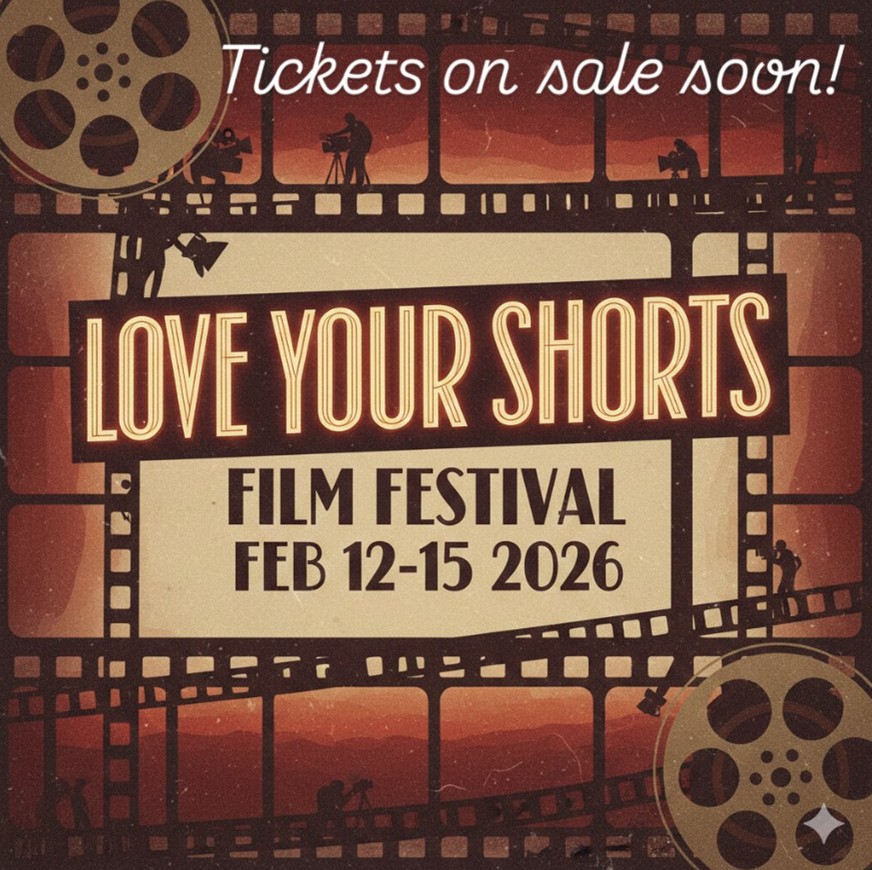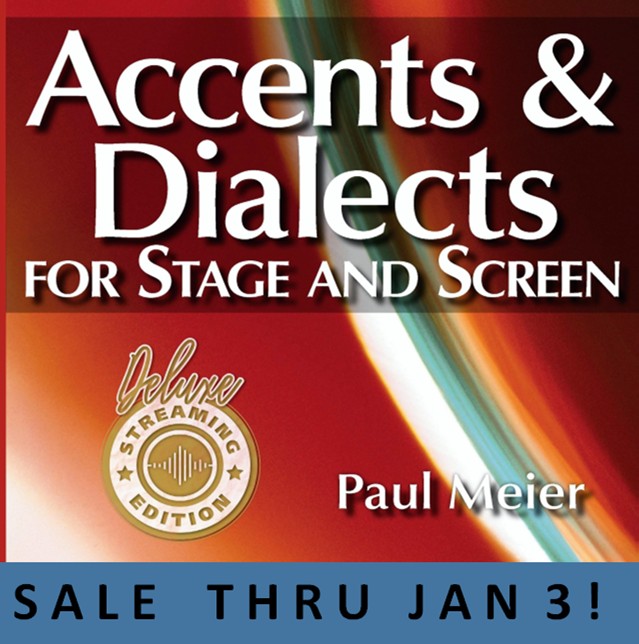Australia 2
Listen to Australia 2, a woman from Brisbane, Queensland, Australia. Click or tap the triangle-shaped play button to hear the subject.
Both as a courtesy and to comply with copyright law, please remember to credit IDEA for direct or indirect use of samples. IDEA is a free resource; please consider supporting us.
BIOGRAPHICAL INFORMATION
AGE: N/A
DATE OF BIRTH (DD/MM/YYYY): N/A
PLACE OF BIRTH: Brisbane, Queensland
GENDER: female
ETHNICITY: Caucasian
OCCUPATION: She is a dialectician, an actor, and a teacher.
EDUCATION: She attended an advanced training program for acting.
AREA(S) OF RESIDENCE OUTSIDE REPRESENTATIVE REGION FOR LONGER THAN SIX MONTHS:
The subject lived in London, England.
OTHER INFLUENCES ON SPEECH: N/A
The text used in our recordings of scripted speech can be found by clicking here.
RECORDED BY: Kate Foy
DATE OF RECORDING (DD/MM/YYYY): 1999
PHONETIC TRANSCRIPTION OF SCRIPTED SPEECH: N/A
TRANSCRIBED BY: N/A
DATE OF TRANSCRIPTION (DD/MM/YYYY): N/A
ORTHOGRAPHIC TRANSCRIPTION OF UNSCRIPTED SPEECH:
I was born in Brisbane, in Queensland. Queensland’s the northeast state of Australia — it’s the pointy bit at the top — and Brisbane, the capital, where I was born, is in the southeast corner. Far-north Queenslanders have quite a different dialect from those of us who live in the south of the state. I guess most of the dialects of Australia are reasonably homogenous because we were settled a lot later than some of the other countries in the New World who use English. But certainly there are regional variations, yep. I was, I was the Aussie in the middle of, ah, the east end of London, which was quite intriguing for, for both sides I think. By the time I’d finished my training, um, I was asked could I do (in a dialect class) … would I do an Australian dialect. And I, I tried to do it and, and my classmates said, “No, no that’s not what you sounded like when you first came here. You, you’ve changed.” And, of course, one had. Certainly the, the standard American … Australian’s are very different from it. Although, we’re constantly, um, aware of American dialects through the media, of course. But, I found it a lot easier, um, going into stores, for example, to moderate my pronunciation of a word. I mean, the classic, ah, “a tomato sandwich” … “a tomato sandwich,” um, people understood. I guess what I’m speaking is what would be called “educated Australian,” but then I am a trained actor as well so you’re probably hearing an actor’s voice, um, here. But, um, I, I would say yes probably, um, educated Australian, as it’s called. Um, middle-class so, um, you get pronunciations like, um, “library,” um, “secretary.” Um, when I was growing up it was “library,” “secretary.” Ah, and I suppose, ah, what you might say standard British pronunciation, rather than, now U.S. And I know some of my young students are, are quite, um, surprised when I tell them that only 20, 30 years ago the standard pronunciation was “library.” Well, I went to a private school but I was educated by, um, nuns and a lot of them were Irish. I don’t think that influenced me a great deal, except it opened up the world of dialects to me, you know. I was hearing my teacher everyday speaking quite differently and, and I suppose that tuned my ears up.
TRANSCRIBED BY: Mitchell Kelly
DATE OF TRANSCRIPTION (DD/MM/YYYY): 15/01/2008
PHONETIC TRANSCRIPTION OF UNSCRIPTED SPEECH: N/A
TRANSCRIBED BY: N/A
DATE OF TRANSCRIPTION (DD/MM/YYYY): N/A
SCHOLARLY COMMENTARY: N/A
COMMENTARY BY: N/A
DATE OF COMMENTARY (DD/MM/YYYY): N/A
The archive provides:
- Recordings of accent/dialect speakers from the region you select.
- Text of the speakers’ biographical details.
- Scholarly commentary and analysis in some cases.
- In most cases, an orthographic transcription of the speakers’ unscripted speech. In a small number of cases, you will also find a narrow phonetic transcription of the sample (see Phonetic Transcriptions for a complete list). The recordings average four minutes in length and feature both the reading of one of two standard passages, and some unscripted speech. The two passages are Comma Gets a Cure (currently our standard passage) and The Rainbow Passage (used in our earliest recordings).
For instructional materials or coaching in the accents and dialects represented here, please go to Other Dialect Services.
 IDEA: International Dialects of English Archive
IDEA: International Dialects of English Archive




